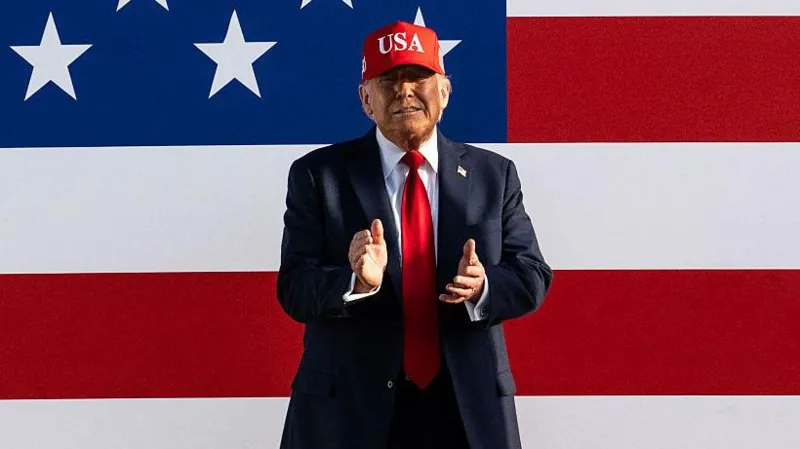Switzerland is scrambling to limit the fallout from a new 39% US tariff on its exports, which came into force Thursday, hitting key industries such as watchmaking, industrial machinery, cheese, and chocolate. The Swiss government, which has described the measure as a severe blow to its export-driven economy, says it will push for further negotiations with Washington but has ruled out immediate retaliation.
The announcement followed an emergency meeting in Bern after President Karin Keller-Sutter and Economy Minister Guy Parmelin returned from a last-minute mission to the US capital without securing concessions. The delegation only managed a meeting with US Secretary of State Marco Rubio, who does not control tariff policy. Keller-Sutter called the talks “friendly and open” but stressed that the final decision lies with the US president.
The shock move came last week when President Donald Trump unexpectedly set Switzerland’s tariff rate above his earlier threat of 31%, making it one of the steepest among new duties imposed on dozens of economies. In comparison, the European Union and Japan secured a 15% rate, while Britain negotiated a 10% tariff.
Swiss business groups have sounded the alarm over the potential damage. Swissmem, representing the mechanical and electrical engineering industry, warned that the “horrendous tariff burden” could wipe out Swiss tech exports to the US, especially given the lower rates granted to competitors. Economiesuisse, a federation representing 100,000 companies, said the move threatens thousands of jobs, while analysts at Capital Economics estimate the tariffs could shrink Swiss GDP by 0.6% in the medium term.
Some politicians have floated unconventional solutions — including enlisting FIFA president Gianni Infantino, a Swiss national with personal ties to Trump, to intervene. Roland Rino Buechel of the Swiss People’s Party argued Infantino “has the best access to the American president.”
Trump has defended the tariffs by citing Switzerland’s trade surplus of tens of billions of dollars with the US. While the country’s powerful pharmaceutical exports remain exempt for now, the White House has signaled plans to target the sector next.
For now, Bern insists on dialogue, arguing that the US enjoys a significant services trade surplus with Switzerland and that most American industrial goods enter tariff-free. Still, with no resolution in sight, Swiss exporters face a tense and costly standoff with Washington.

